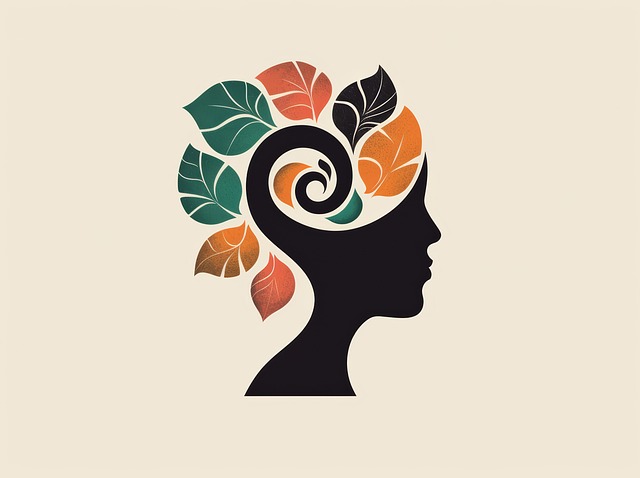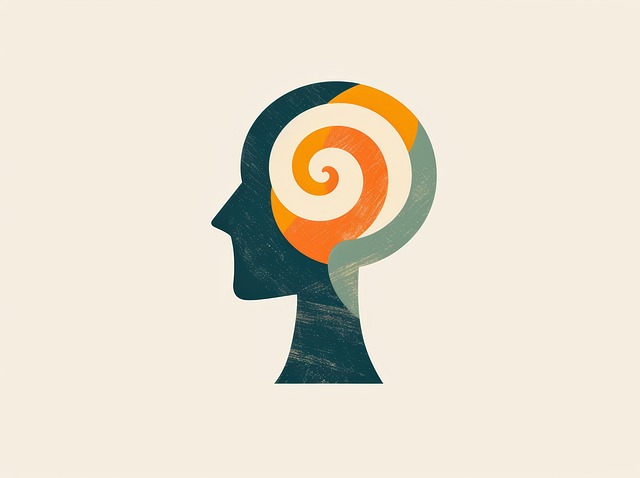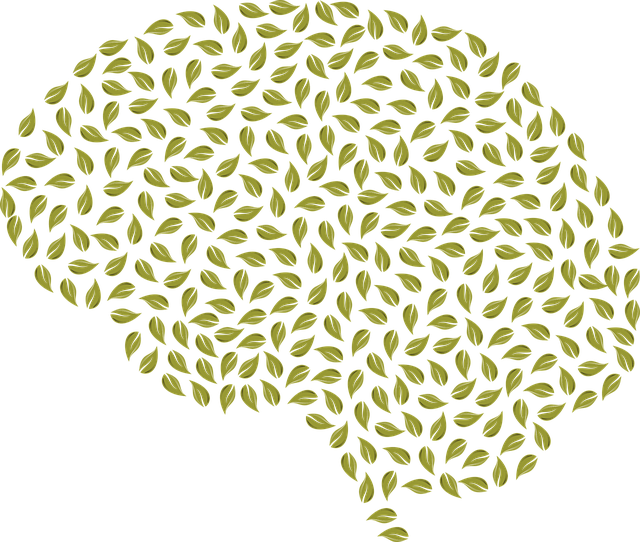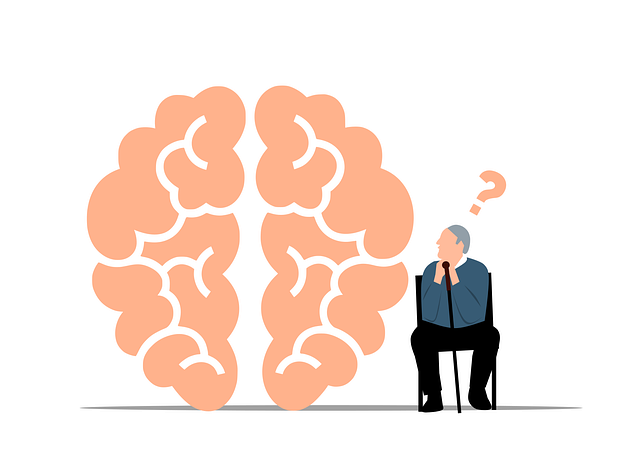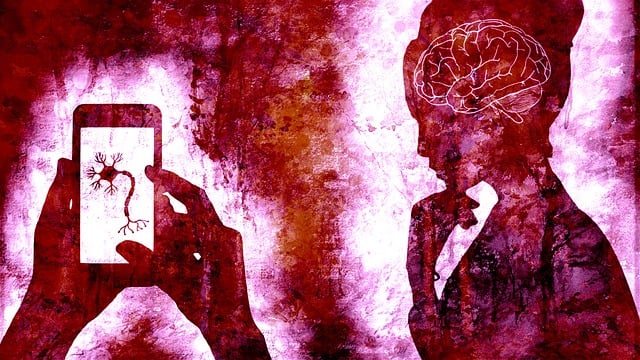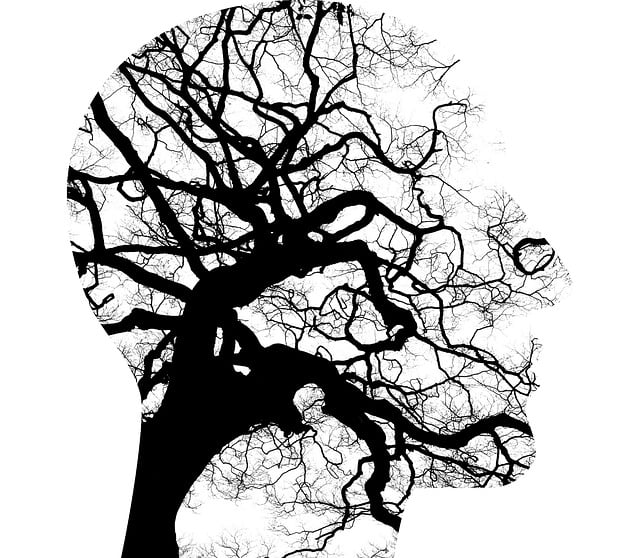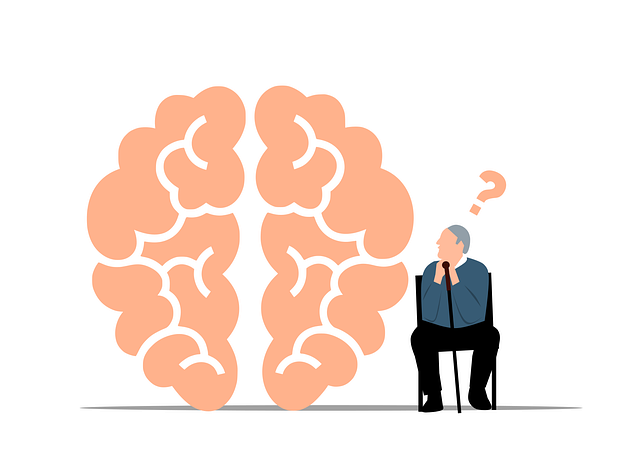Mood regulation is a critical aspect of young adults' lives, addressing emotional volatility driven by hormonal changes, social pressures, and identity formation. Effective strategies, including EMDR (Eye Movement Desensitization and Reprocessing) therapy combined with Cognitive Behavioral Techniques (CBT), empower individuals to manage mood swings and prevent severe mental health issues. EMDR facilitates emotional healing through processing traumatic memories, while CBT provides tools for managing conditions like depression, anxiety, and bipolar disorder. Mindfulness and meditation enhance self-awareness and emotional regulation skills. Creating a supportive environment through social connections, self-care, and community programs is vital, offering safe spaces for processing trauma and learning coping mechanisms under EMDR-certified therapy guidance, fostering sustainable emotional balance.
“Mood regulation is a vital skill, especially for young adults navigating life’s challenges. This comprehensive guide explores effective strategies to manage emotions, emphasizing the importance of understanding one’s mood and emotional well-being. From evidence-based therapy like EMDR, known for its success in certified practitioners’ hands, to cognitive behavioral techniques and mindfulness practices, we delve into a multi-faceted approach. Additionally, we highlight the role of social connections and self-care in fostering emotional balance, offering valuable insights for young adults seeking tools for mental wellness.”
- Understanding Mood Regulation and Its Significance for Young Adults
- The Role of EMDR Therapy in Managing Emotional Challenges
- Cognitive Behavioral Techniques: A Powerful Toolkit for Mood Stabilization
- Mindfulness and Meditation: Cultivating Presence and Emotional Balance
- Building a Supportive Environment: Social Connections and Self-Care Strategies
Understanding Mood Regulation and Its Significance for Young Adults

Understanding Mood Regulation is paramount for young adults navigating the complexities of adolescence and early adulthood. This period is marked by significant emotional volatility, with hormonal changes, social pressures, and identity formation all contributing to fluctuating moods. Effective mood regulation strategies empower individuals to manage these shifts, fostering resilience and overall well-being. By learning to identify and process underlying emotions, young adults can prevent intense mood swings from escalating into more severe mental health issues.
Therapy for Young Adults, particularly when coupled with EMDR Certified practices, offers valuable tools for mood regulation. Techniques such as Conflict Resolution Strategies and Coping Skills Development are instrumental in helping young adults navigate challenging situations without resorting to unhealthy coping mechanisms. Additionally, Compassion Cultivation Practices can enhance self-acceptance and empathy towards others, mitigating the impact of negative emotions. These strategies not only support mental health but also promote healthy relationships and a more fulfilling life trajectory for this vulnerable demographic.
The Role of EMDR Therapy in Managing Emotional Challenges

EMDR therapy has emerged as a powerful tool for young adults seeking to manage and overcome emotional challenges. This innovative approach, short for Eye Movement Desensitization and Reprocessing, facilitates mental wellness by helping individuals process traumatic memories and associated emotions. Through side-to-side eye movements or other bilateral stimulation techniques, EMDR certified therapists guide clients in reprocessing disturbing events, thereby reducing their intensity and impact.
By tapping into the brain’s natural healing processes, EMDR therapy supports trauma support services and promotes emotional healing. This method is particularly beneficial for young adults who may have experienced complex or unresolved traumas, allowing them to regain a sense of control over their emotional lives and foster resilience in navigating life’s challenges.
Cognitive Behavioral Techniques: A Powerful Toolkit for Mood Stabilization

Cognitive Behavioral Techniques (CBT) offer a powerful toolkit for young adults seeking to stabilize their moods and navigate emotional challenges effectively. This evidence-based approach focuses on identifying and changing negative thought patterns and behaviors that contribute to mood disturbances. CBT has proven particularly effective in treating conditions like depression, anxiety, and bipolar disorder, which often manifest during adolescence and young adulthood.
For those exploring therapy options, seeking a qualified EMDR Certified specialist can be transformative. Eye Movement Desensitization and Reprocessing (EMDR) is a specialized form of CBT that facilitates the brain’s natural healing process, helping individuals process traumatic memories and reduce emotional distress. By combining CBT with EMDR, young adults can learn valuable coping strategies for stress reduction methods while addressing underlying causes of mood instability. This comprehensive approach not only enhances mental well-being but also empowers individuals to manage their emotional health effectively within their daily lives and community outreach program implementations. Moreover, proper risk management planning for mental health professionals ensures a safe and supportive environment during the therapeutic process.
Mindfulness and Meditation: Cultivating Presence and Emotional Balance

Mindfulness and meditation are powerful tools for cultivating emotional balance and effective mood regulation strategies, particularly beneficial for young adults seeking therapy. Practices like these help individuals develop a deeper sense of presence and self-awareness, enabling them to navigate their emotions with greater ease. By focusing on the present moment, mindfulness techniques encourage acceptance of one’s feelings without judgment, fostering a more balanced state of mind.
For those exploring EMDR (Eye Movement Desensitization and Reprocessing) therapy, integrating mindfulness can enhance the process. EMDR combines exposure therapy with bilateral stimulation, such as eye movements, to help individuals process traumatic memories. Mindfulness practices can prepare clients for this work by improving their emotional regulation skills, allowing them to engage in the therapeutic process more effectively while fostering cultural sensitivity in mental healthcare practice and tapping into mind over matter principles.
Building a Supportive Environment: Social Connections and Self-Care Strategies

Building a supportive environment is a crucial aspect of mood regulation for young adults. Social connections play a vital role in fostering resilience and combating mental illness stigma reduction efforts. Connecting with like-minded individuals through support groups or community activities can provide a sense of belonging and understanding, enhancing self-esteem improvement and inner strength development. Additionally, engaging in self-care strategies such as mindfulness practices, regular exercise, and maintaining a balanced diet contribute to overall well-being.
For those seeking professional help, therapy for young adults, including EMDR (Eye Movement Desensitization and Reprocessing) certified practitioners, offers specialized care tailored to address specific mental health concerns. These therapists provide safe spaces where individuals can explore their emotions, process traumatic experiences, and learn effective coping mechanisms. By combining social support with evidence-based therapeutic approaches, young adults can develop sustainable strategies for managing their moods and promoting emotional balance.
Mood regulation is a vital skill for young adults to navigate the challenges of daily life. By combining evidence-based techniques such as EMDR therapy, cognitive behavioral therapies, mindfulness practices, and fostering supportive environments, individuals can effectively manage their emotional well-being. For young adults seeking help, finding a therapist with EMDR certification offers specialized support in processing traumatic experiences and stabilizing moods. Ultimately, a holistic approach to mental health care empowers people to take control of their emotional journeys and thrive.

